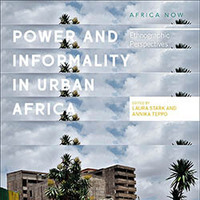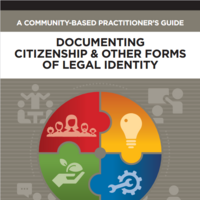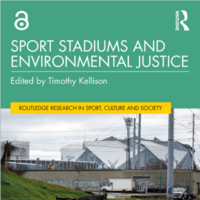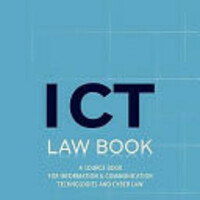Search
Books+
Searching 1,730 books
Search related to the career Urban Planner
Legal Requirements for Urban Development
1. Zoning Regulations: Zoning regulations determine how land can be used within a specific area. They typically define different zones for residential, commercial, industrial, and recreational purposes. These regulations may also specify building heights, setbacks, and other requirements.
2. Building Codes: Building codes establish minimum standards for the design, construction, and occupancy of buildings. They cover aspects such as structural integrity, fire safety, electrical systems, plumbing, accessibility, and energy efficiency.
3. Environmental Regulations: Urban development must comply with various environmental regulations to protect natural resources and minimize negative impacts. These regulations may address issues such as air and water quality, waste management, noise pollution, and conservation of biodiversity.
4. Land Use Planning: Land use planning involves creating comprehensive plans that guide urban development in a coordinated and sustainable manner. These plans consider factors such as population growth, transportation, infrastructure needs, open space preservation, and community development.
5. Permitting and Licensing: Before initiating any urban development project, developers typically need to obtain permits and licenses from the relevant authorities. These may include construction permits, environmental impact assessments, land use permits, and business licenses.
6. Historic Preservation: In areas with historical or cultural significance, there may be legal requirements to preserve and protect historic buildings or districts. These requirements may restrict alterations or demolition of designated structures.
7. Public Participation: Many jurisdictions require public participation in the urban development process. This may involve public hearings, community consultations, or opportunities for public input during the planning and decision-making stages.
8. Infrastructure Requirements: Urban development often necessitates the provision of adequate infrastructure, such as roads, utilities, schools, healthcare facilities, and parks. Legal requirements may mandate developers to contribute to or provide these infrastructure needs.
9. Accessibility and Inclusion: Urban development should consider accessibility and inclusion for all individuals, including those with disabilities. Legal requirements may include provisions for accessible design, universal design principles, and equal access to public spaces.
10. Health and Safety Regulations: Urban development must adhere to health and safety regulations to ensure the well-being of residents and workers. These regulations may cover aspects such as sanitation, emergency preparedness, hazardous materials handling, and public health considerations.
It is important to note that the specific legal requirements for urban development can vary significantly depending on the country, state, or local jurisdiction. Developers and urban planners should consult the relevant laws, regulations, and authorities to ensure compliance with all applicable requirements.
Source: Various AI tools
Sustainable development
Books tagged sustainable development
Citizenship
Books tagged citizenship
Leadership
Books tagged leadership
Searched in English.






















































